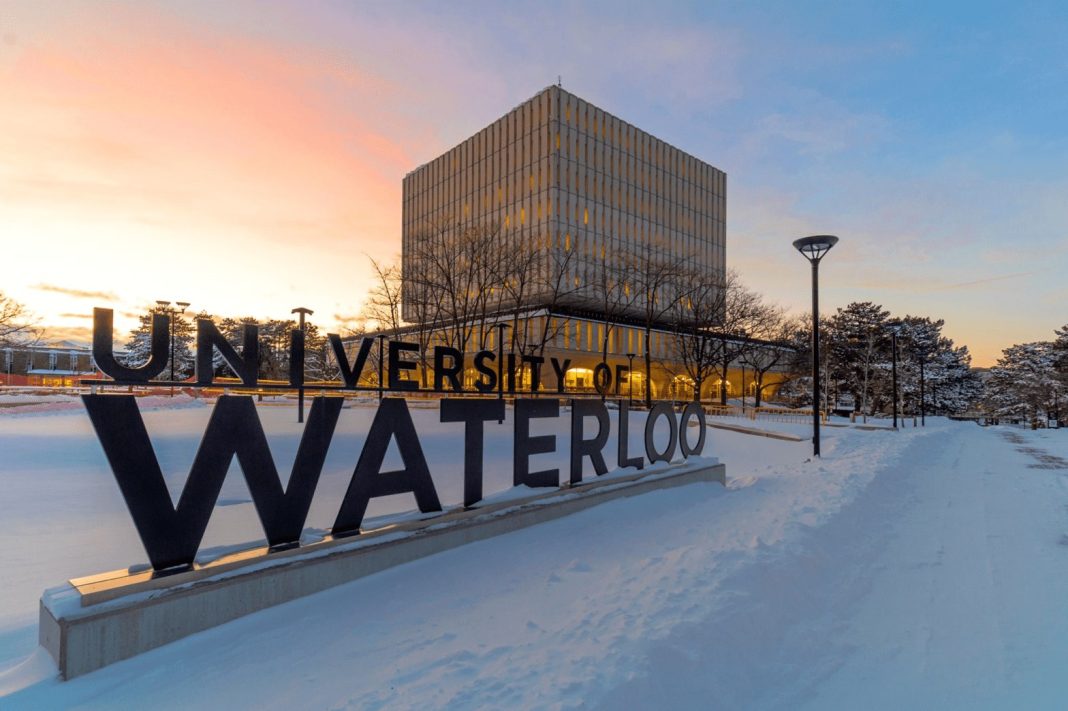According to reports in the Canadian press, administrators were suing the encampment for $1.5m in damages including “trespass[ing], damage to property, intimidation and ejectment”.
The university alleges the student encampment has damaged the school’s reputation, driven up administrative and operational costs for the university and depreciated the university’s property values.
Protesters are being urged to disband the camp and vacate immediately, as well as return school property to its original state before the encampment.
The legal injunction was filed on Tuesday and comes several days after administrators issued a trespassing notice to the encampment.
It also comes two weeks after the university agreed to be more transparent about companies it invests in as part of the disclose and divest demands made by the student movement.
But students said they wouldn’t vacate until the university moved to divest from companies profiteering from Israel’s occupation.
“Unfortunately, the encampment remains in place in violation of Waterloo policies and the law,” Vivek Goel, the university president, said in a statement on Tuesday.
“We have said repeatedly… the right to protest does not mean people have the right to endlessly occupy a shared university space,” Goel’s statement added.
“The behaviour of encampment members has crossed the line to intimidation and harassment, making their ongoing presence untenable.”
The school had formally asked the students to end the encampment on 23 May.
In statement released by organisers of the encampment, Occupy UWaterloo, the student group said it was “incredibly shameful” that the university adminstration had decided “to sue their own student body that’s protesting the university’s complicity in a genocide that’s almost nine months in and has claimed the lives of over 40,000”.
“We remain undeterred and committed to our cause and people. History will absolve us. But you admin, how will you be remembered?”
The university announced it was pursuing the action based on the findings made by the Task Force on Free Expression and Inclusive Engagement.
But Emmett Macfarlane, one of the members of the taskforce, said on X he was “deeply troubled by the reliance on our report to justify the violation of the very principles it outlines”.
Macfarlane, a professor in the department of political science, said the university had alluded to incidents of harassment and intimidation in its decision to sue, but “it offers no specifics, and does not even clearly state whether the university has made a legal judgement that a law has been broken (for example criminal harassment) or if is merely responding to complainants’ perception”, Macfarlane.
The move has also drawn widespread ridicule from other scholars and academics.
“I’m still blown away by the audacity of these administrators to actually make a formal argument that it is the protesters’ demands that their institutions act to prevent and avoid complicity in genocide, rather than their staunch refusal to act, which causes reputational harm,” Vincent Wong, an assistant professor at Windsor Law, in Ontario, wrote on X.
The Gaza solidarity encampment at University of Waterloo began on 13 May.
In a statement at the time, Occupy UWaterloo stressed they “refused to sit idly by and watch our university support genocide with our tuition dollars!”
“For seven months the university has lied to, dismissed and surveilled students calling for divestment and an end to UW’s financial and academic ties to the genocidal and apartheid state of Israel.”
The University of Waterloo, like many universities across North America, has been accused of double standards when it comes to Israel’s war on Gaza.
In October, following the Hamas-led attacks on southern Israel, the university president condemned the incident as a terror attack that “targeted innocent civilians because of their identity and because of where they live. These deaths were unacceptable and heartbreaking”.
In a subsequent statement, Goel described the Israeli government’s decision to cut, food, electricity and water from Gaza as having “horrific consequences”.
But he stopped short of condemning Israel for their continued actions in Gaza that has killed tens of thousands of Palestinians since October.
There are still several high profile encampments maintaining their presence in Canada, including at the University of Toronto and McGill University in Montreal.
Both universities have indicated that it would be pushing for those to be dismantled, too.
